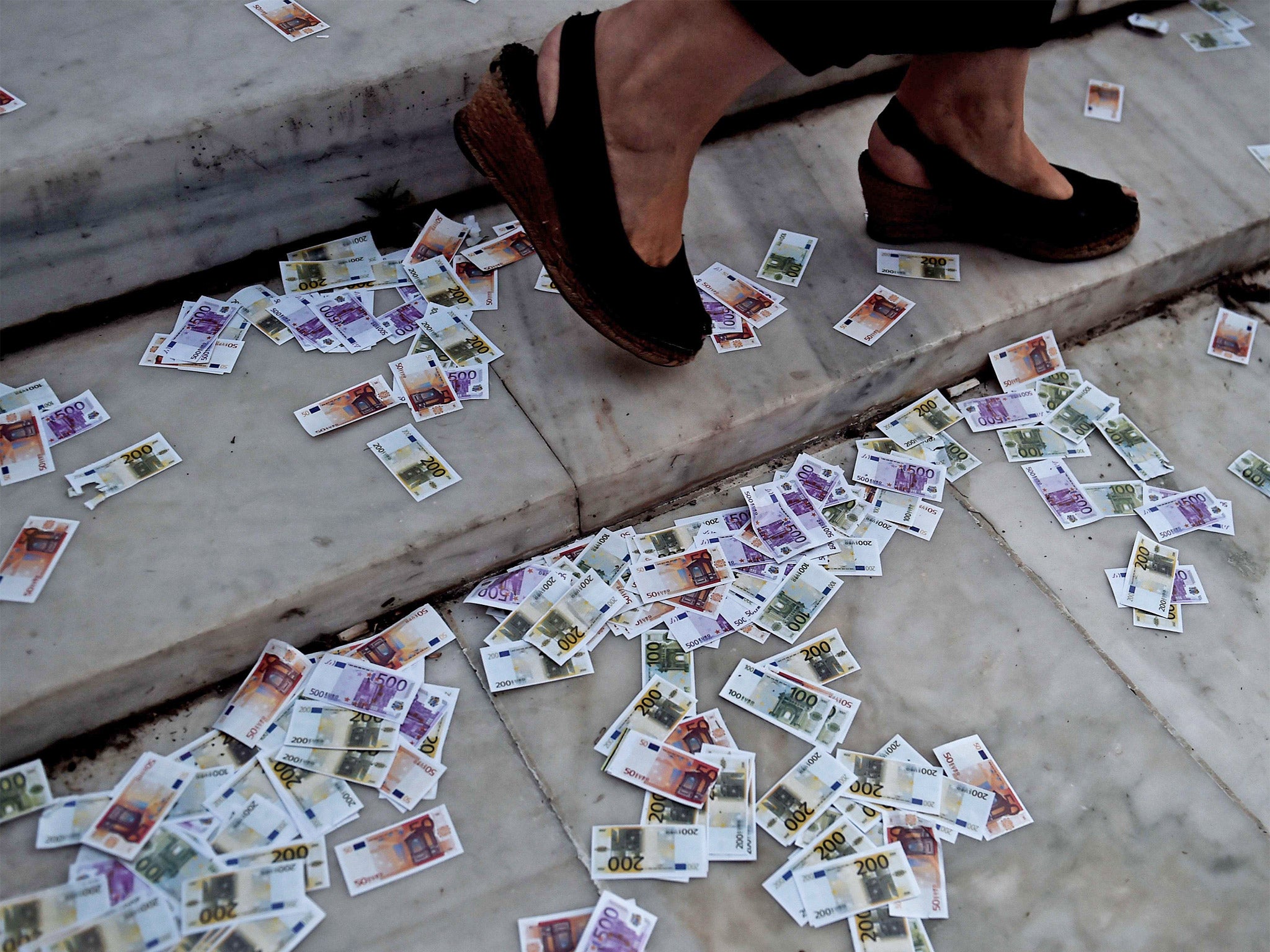Greece crisis: What is on the table and what is required?
The country's concessions do not necessarily mean it won't default

Q | What exactly has Greece conceded?
A | Athens proposes savings from its pension system worth 0.4 per cent of GDP in 2015. That is less than the 1 per cent of GDP from pensions that the IMF had demanded. But it’s still a concession by Athens – and helped to break the impasse. Athens has also moved on VAT. It proposes to eliminate the discounts enjoyed by many Greek holiday islands, also raising 0.4 per cent of GDP this year. In total, Athens is suggesting budget savings worth 1.5 per cent of GDP in 2015, rising to 2.9 per cent in 2016. Greece also seems to have downgraded its demand for an immediate commitment from creditors to debt forgiveness – instead this issue will be returned to after the immediate deal is done.
Q | Does this mean Greece won’t now default?
A | Not necessarily. The country is due to repay €1.6bn debt to the IMF on 30 June. It doesn’t have the money and is relying on its creditors to release €7.2bn of cash. Yet even if eurozone leaders agree to release the money at tomorrow’s meeting, a disbursement needs approval by national parliaments – and national legislators across the Continent will want to pick over Greece’s offer. Objections from Germany, Finland and the Netherlands are expected. Some Syriza MPs also complain at concessions offered by their own Prime Minister Alexis Tsipras. Any signs of a hold-up in meeting the deadline may prompt more capital flight from Greece, sparking a financial emergency which could yet propel it out of the eurozone.
Q | If Greece makes it to the end of June, is the crisis over?
A | No. Greece has two huge bond payments due to the European Central Bank over the summer – €3.5bn on 20 July and €3bn on 20 August. Even if the €7.2bn is released Greece will need further bailout funds to cover the payments. And the country’s creditors will demand still more pledges of reforms in return. That means another round of cash-for-reforms negotiations begins on 1 July.
Q | Will the rise in VAT damage tourism?
A | That is certainly the fear of the head of the Confederation of Greek Tourism who last month said raising VAT on hotels and restaurants would be “catastrophic”. Around 25 million foreigners – two million of them British – will visit Greece this year bringing in around €14bn. If they are put off by a price rise it will be very bad news for the Greek economy.
Subscribe to Independent Premium to bookmark this article
Want to bookmark your favourite articles and stories to read or reference later? Start your Independent Premium subscription today.

Join our commenting forum
Join thought-provoking conversations, follow other Independent readers and see their replies